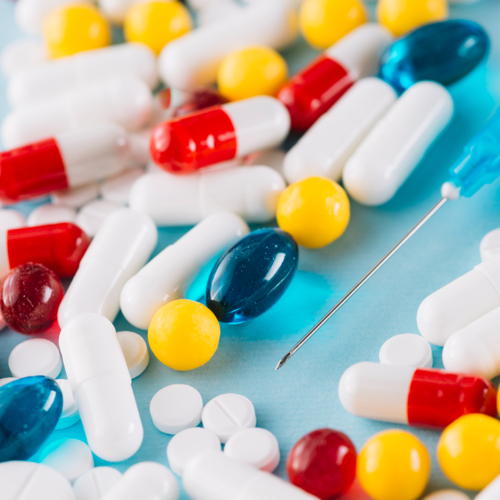The impact of diurnal fasting during Ramadan on patients with established cardiac disease: a systematic review

Published: June 28 2024
Abstract Views: 1822
PDF: 534
HTML: 0
HTML: 0
Publisher's note
All claims expressed in this article are solely those of the authors and do not necessarily represent those of their affiliated organizations, or those of the publisher, the editors and the reviewers. Any product that may be evaluated in this article or claim that may be made by its manufacturer is not guaranteed or endorsed by the publisher.
All claims expressed in this article are solely those of the authors and do not necessarily represent those of their affiliated organizations, or those of the publisher, the editors and the reviewers. Any product that may be evaluated in this article or claim that may be made by its manufacturer is not guaranteed or endorsed by the publisher.
Similar Articles
- Jelena Čelutkienė, Agnė Monika Jakštaitė, Jolita Badarienė, Svetlana Solovjova, Ieva Slivovskaja, Rokas Navickas, Edita Kazėnaitė, Egidija Rinkūnienė, Alma Čypienė, Jonas Misiūra, Ligita Ryliškytė, Aleksandras Laucevičius, Andrew J.S. Coats, Detection of early heart failure with preserved ejection fraction in metabolic syndrome patients detected as part of a national screening program in middle aged subjects , Global Cardiology: Vol. 1 No. 1 (2023)
- Andrew J.S. Coats, Global Cardiology issue highlights , Global Cardiology: Vol. 2 No. 2 (2024)
- Adeseye A. Akintunde, Sope T. Orugun, The association of iron deficiency with right ventricular dysfunction in Africans with heart failure , Global Cardiology: Vol. 2 No. 4 (2024)
- Eirini Flouda, Athena Stefanatou, Tinia Apergi, Intervention options: depression and cardiovascular disease during COVID-19 , Global Cardiology: Vol. 1 No. 1 (2023)
- Elias Tassoulas, Dimitrios Tasoulas, Christos Papaconstantinou, Ioannis Chlorogiannis, Prognostic factors and outcome in patients submitted into coronary artery bypass surgery with total arterial myocardial revascularization , Global Cardiology: Vol. 2 No. 4 (2024)
- Maryanne Caruana, Miriam Gatt, Oscar Aquilina, Charles Savona Ventura, Victor Grech, Jane Somerville, The impact of maternal congenital heart disease on pregnancy outcomes in Malta: a retrospective study , Global Cardiology: Vol. 1 No. 1 (2023)
- Amir Askarinejad, Erfan Kohansal, Soudabeh Shafiee Ardestani, Mohammadhossein Mozafarybazargany, Hamed Hesami, Amirreza Sabahizadeh, Seyed Abbas Pakmehr, Majid Haghjoo, Carvedilol versus metoprolol in preventing post-operative atrial fibrillation: a systematic review and meta-analysis , Global Cardiology: Vol. 2 No. 4 (2024)
- Hussein H. Khachfe, Marwan M. Refaat, Bibliometric analysis of cardiovascular disease research activity in the Arab world , Global Cardiology: Vol. 2 No. 2 (2024)
- Kamilu M. Karaye, Abdulrazaq G. Habib, Karen Sliwa, Epidemiology of peripartum cardiomyopathy in Africa , Global Cardiology: Vol. 2 No. 2 (2024)
- Muhammad Shahzeb Khan, Javed Butler, Laibah Arshad Khan, Markus S. Anker, Advanced cancer as a heart failure like syndrome due to cardiac wasting cardiomyopathy: facts and numbers , Global Cardiology: Vol. 2 No. 4 (2024)
1-10 of 51
Next
You may also start an advanced similarity search for this article.









